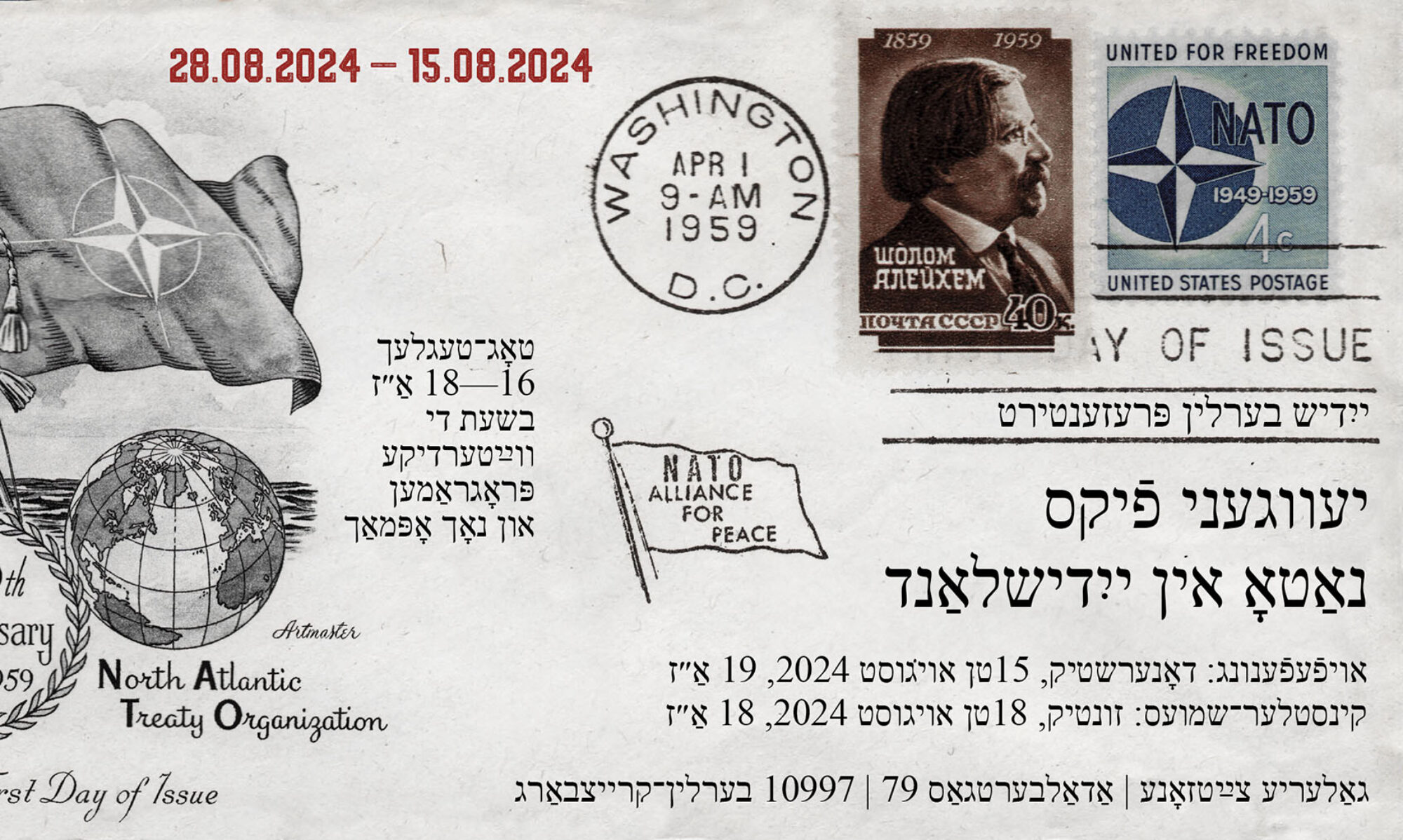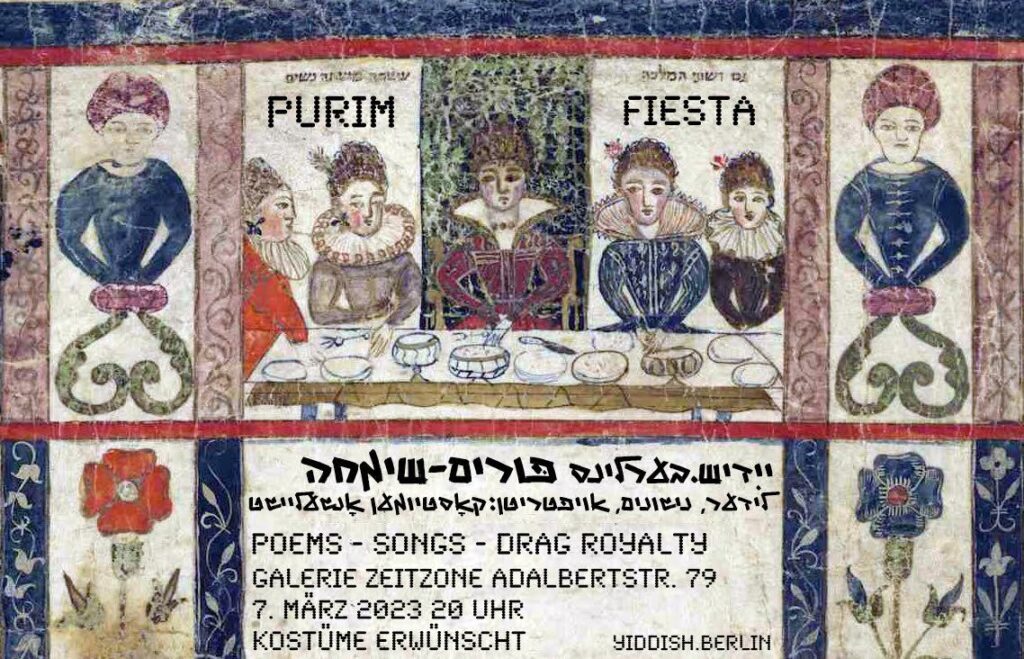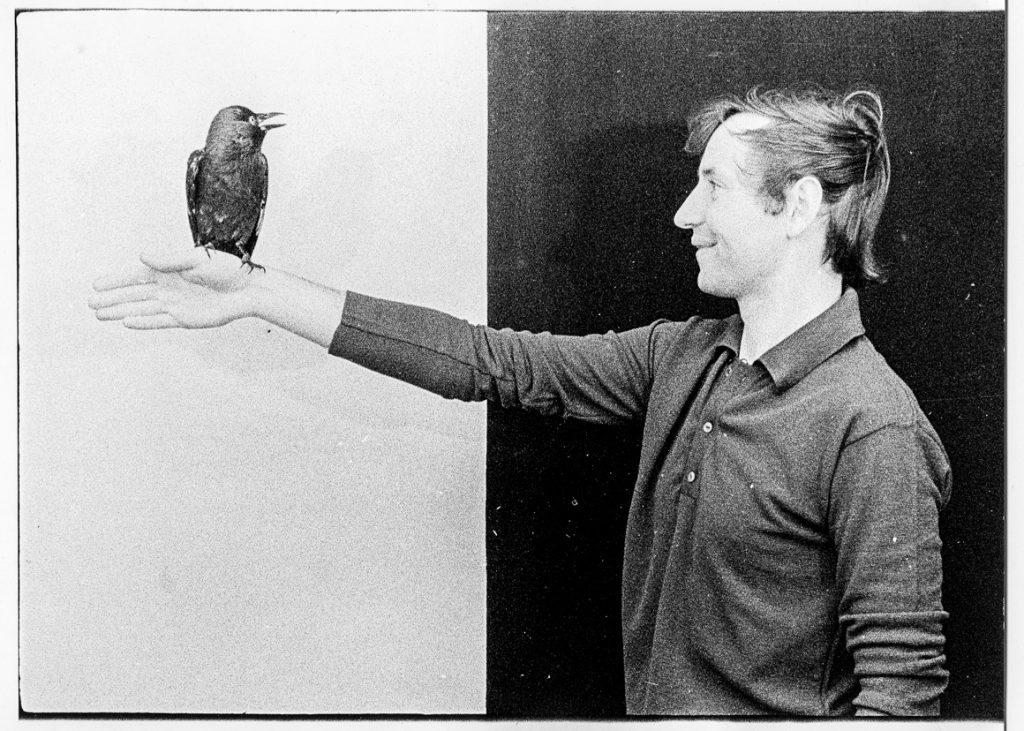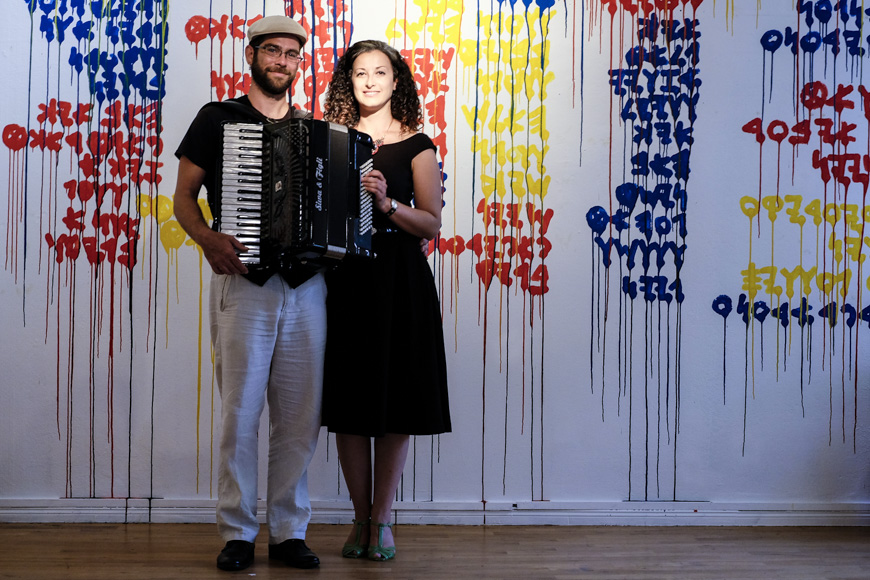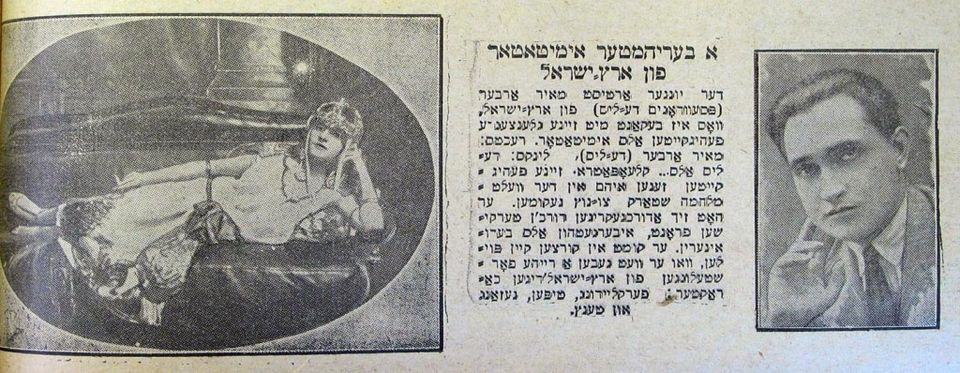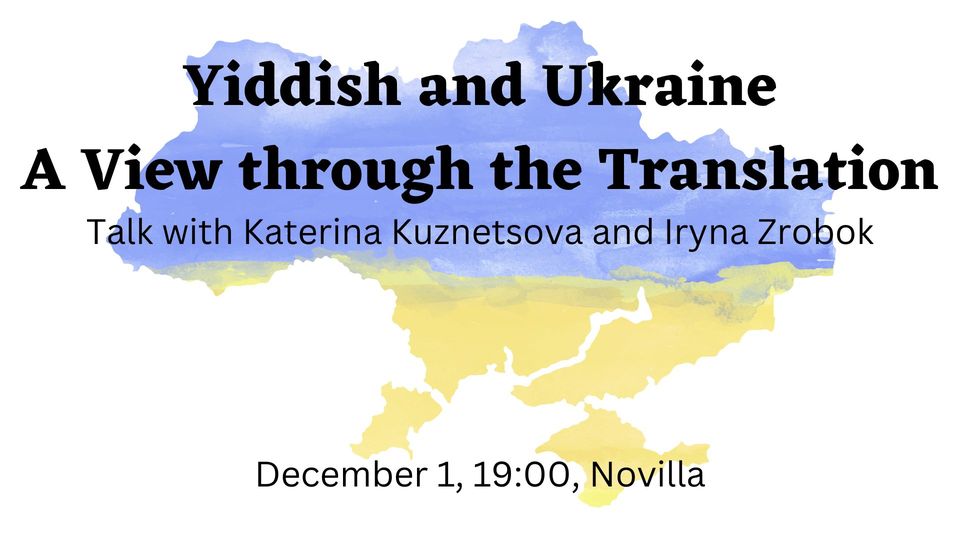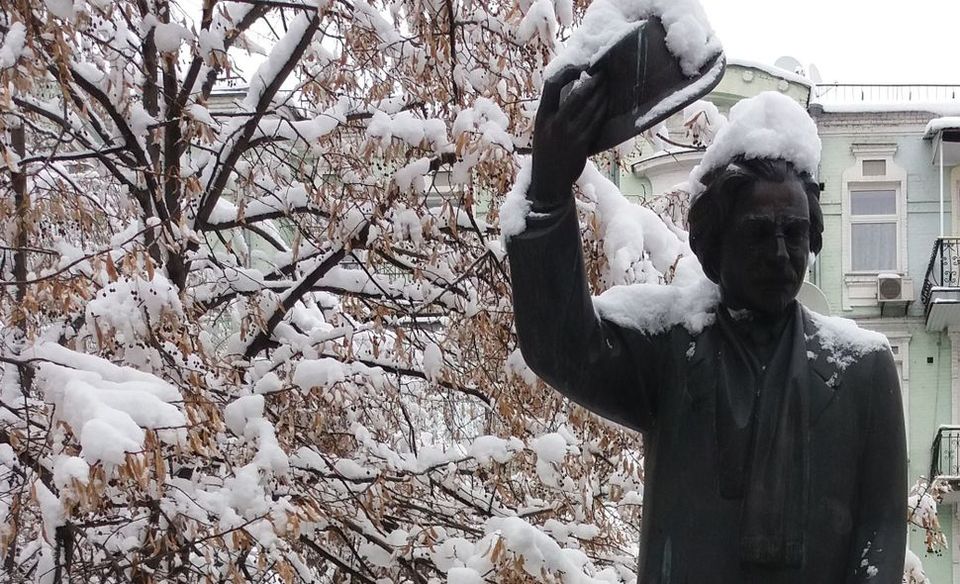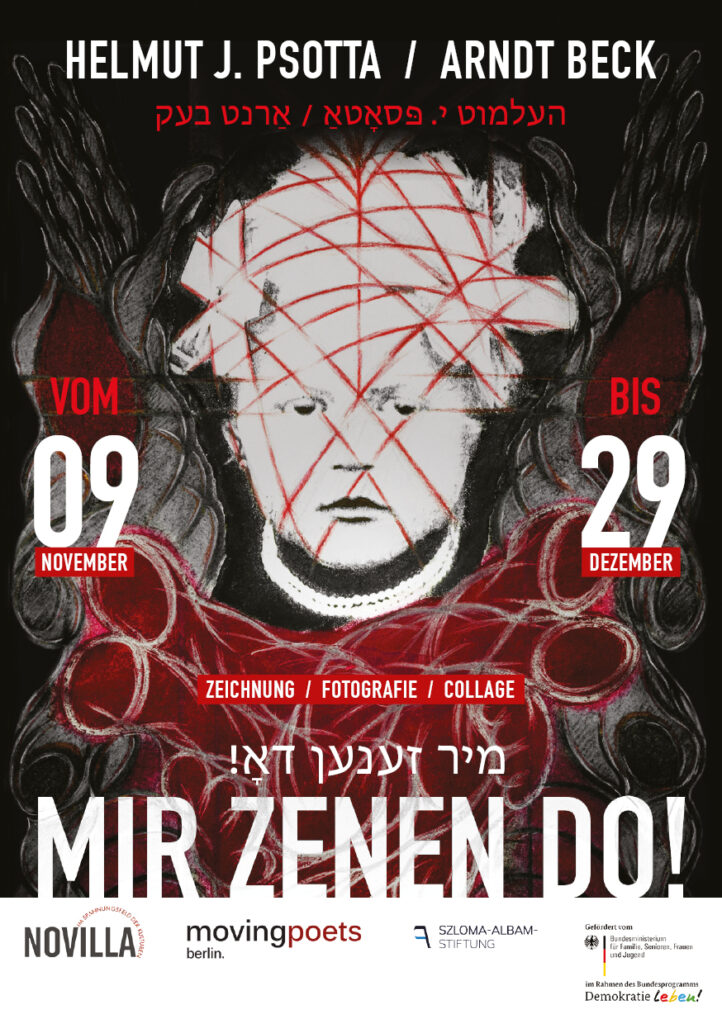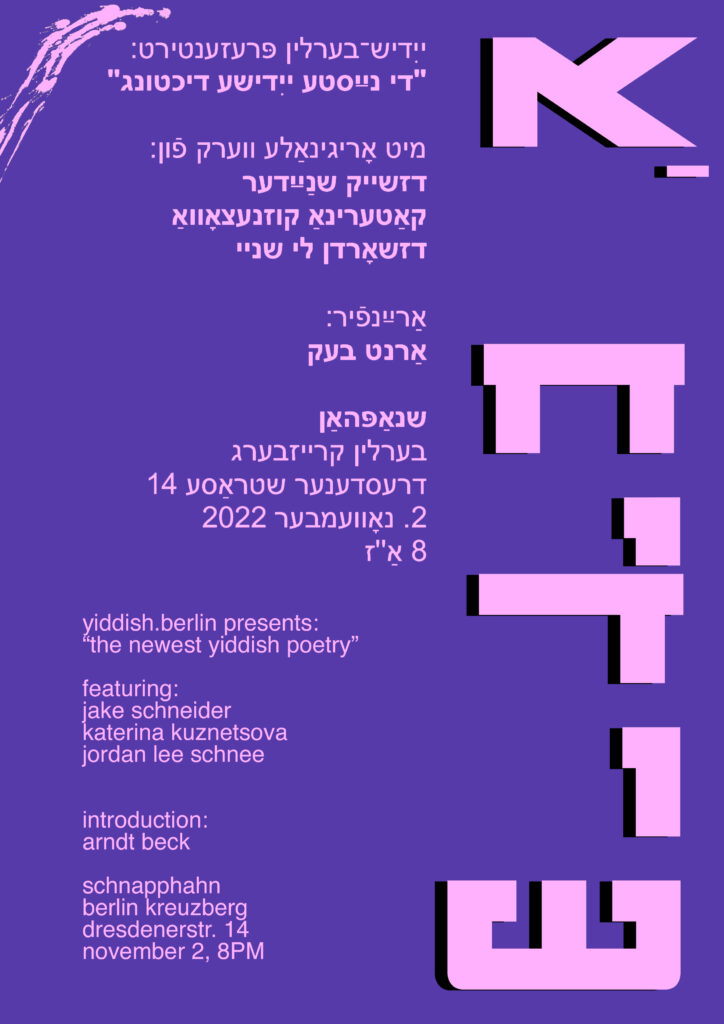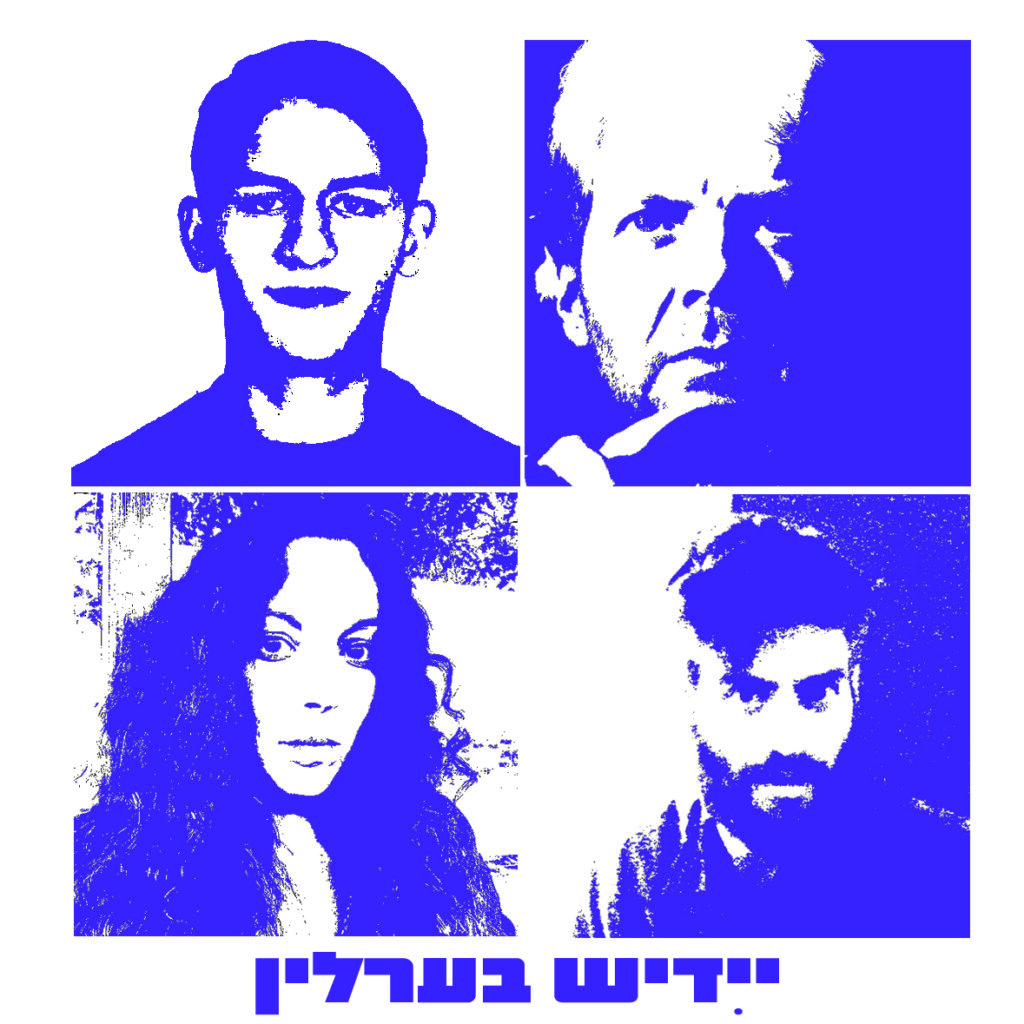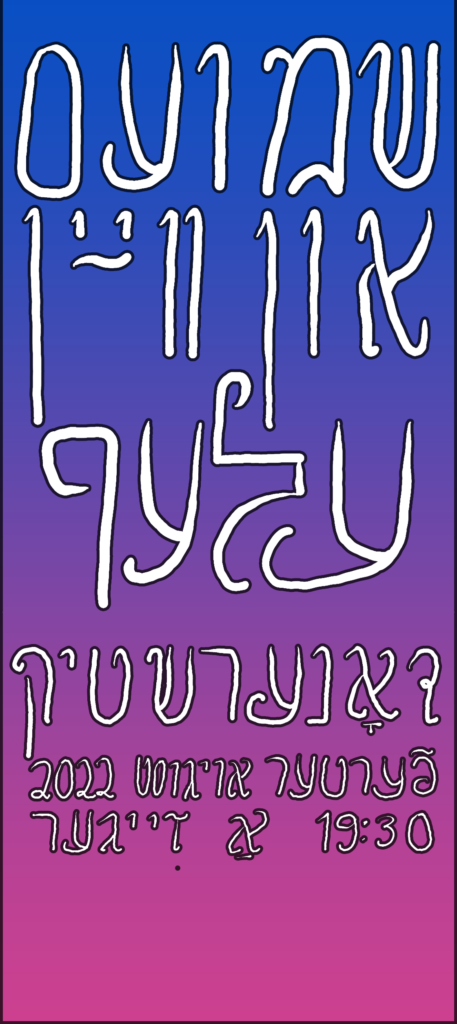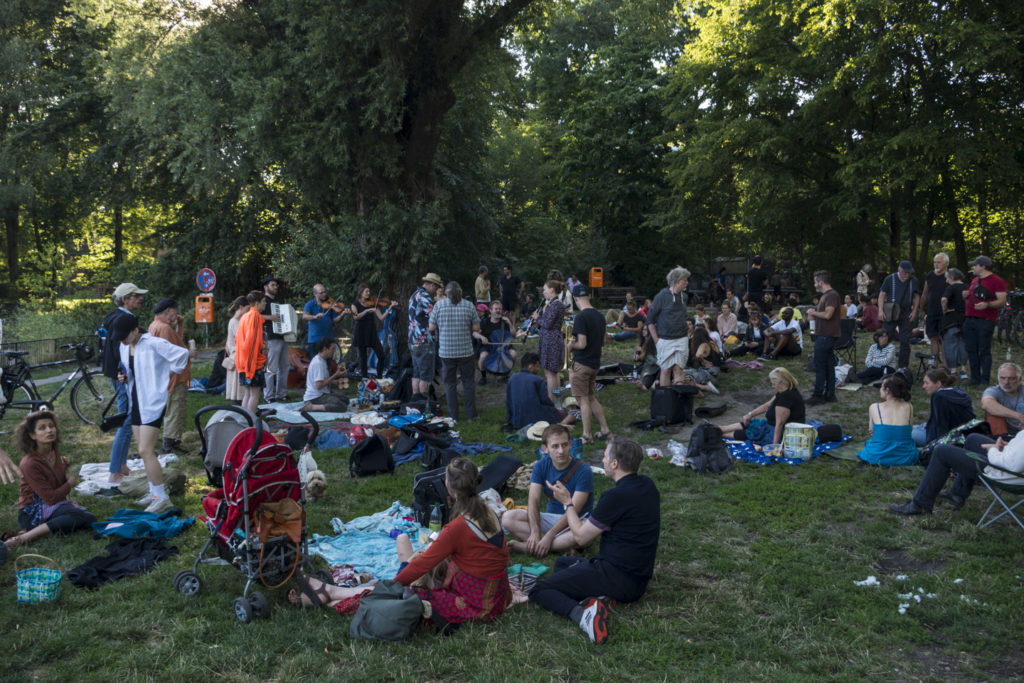7 to 12 April 2023 | Rachel Lichtenstein | Manchester Writing School | Manchester Poetry Library and Yiddish.Berlin present:
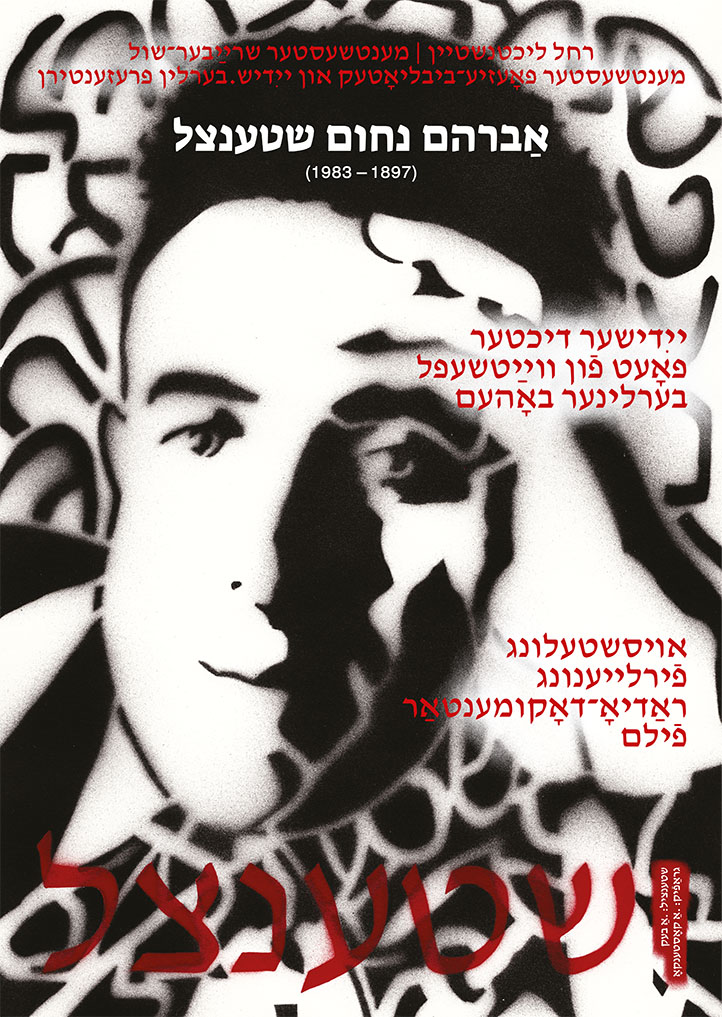
Avrom Nokhem Stencl (1897—1983)
Yiddish Writer — Poet of Whitechapel — Berlin Bohemian
EXHIBITION | READING | RADIO DOCUMENTARY | FILM
Else Lasker-Schüler called him “Hamid,” Arnold Zweig wrote a foreword for him, and Thomas Mann praised his poetry: Avrom Nokhem Stencl, a Berliner from 1921 to 1936, was one of the most acclaimed modern Yiddish poets in Weimar-era Germany, and he laid the foundations of his multifaceted and prolific poetic work in Berlin. Together with writer and artist Rachel Lichtenstein, the Manchester Writing School, and the Manchester Poetry Library, Yiddish.Berlin is setting the stage for an almost forgotten Berliner.
The exhibition gives an introduction to Stencl’s eventful life and includes multimedia work from Rachel Lichtenstein’s research including artwork, a film and radio programme, which are available in the gallery.
7 April 2023, 8 pm: Exhibition opening with a film screening about Stencl and in conversation with Rachel Lichtenstein
8 April 2023, 8pm: Yiddish.Berlin reads Avrom Nokhem Stencl
9 April 2023, 4 pm: Reading circle (leyenkrayz) open to the public
11 April 2023, 7 pm: “Third Seder,” Shmues un Vayn style (for Yiddish speakers)
8 to 12 April 2023, open daily from 4 to 6 pm, at the events, and by request
Galerie ZeitZone
Adalbertstrasse 79
10997 Berlin

